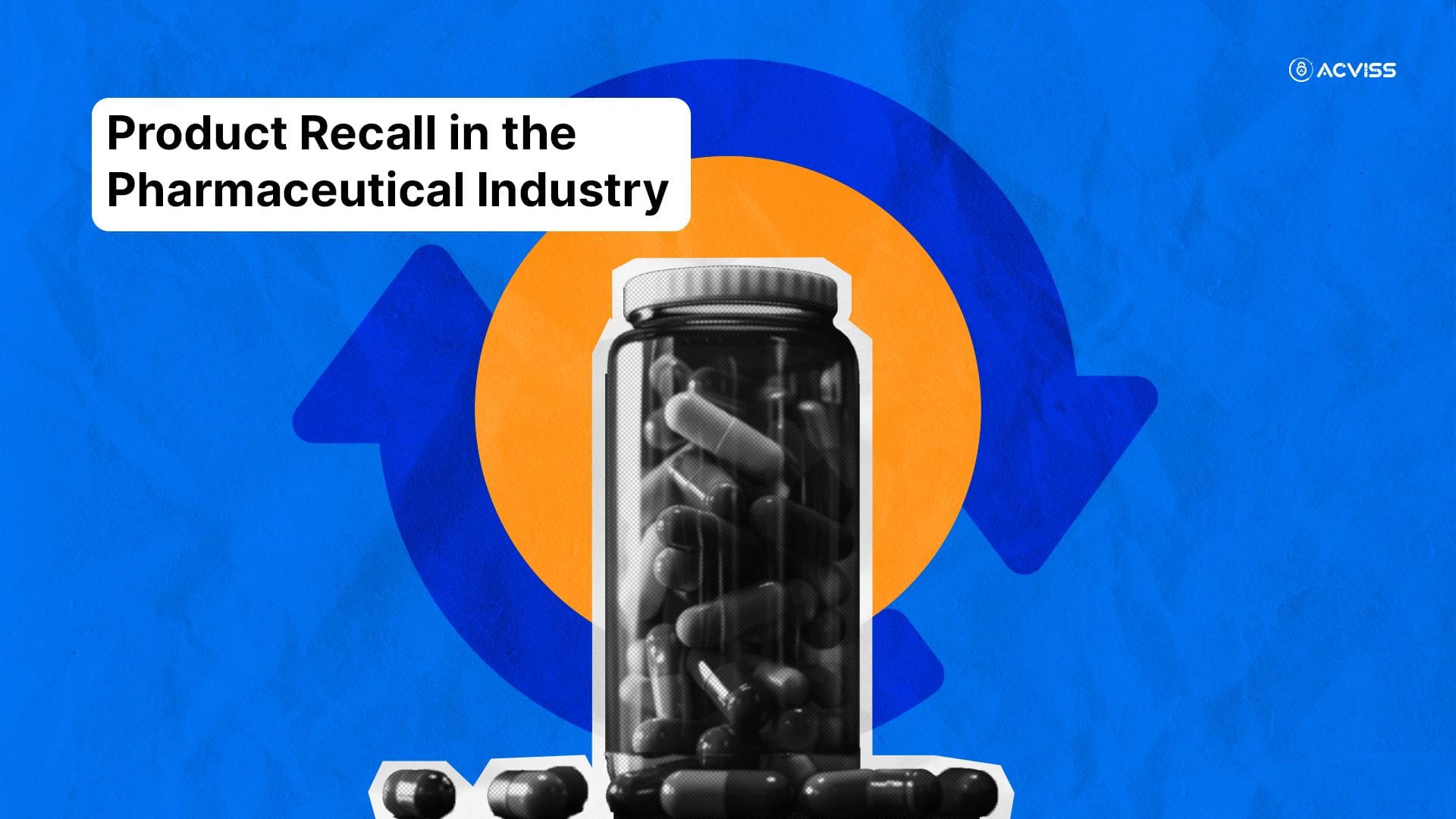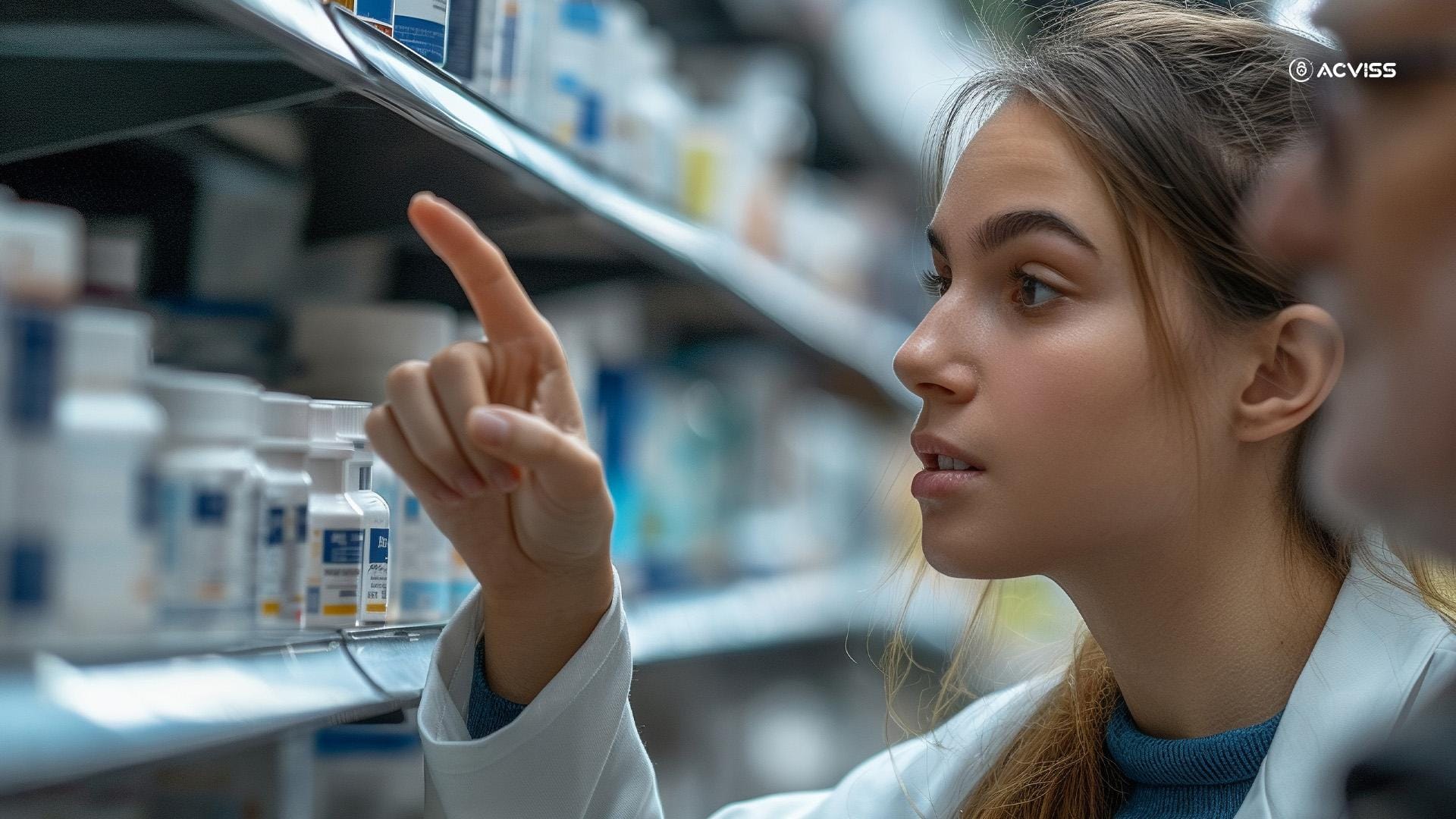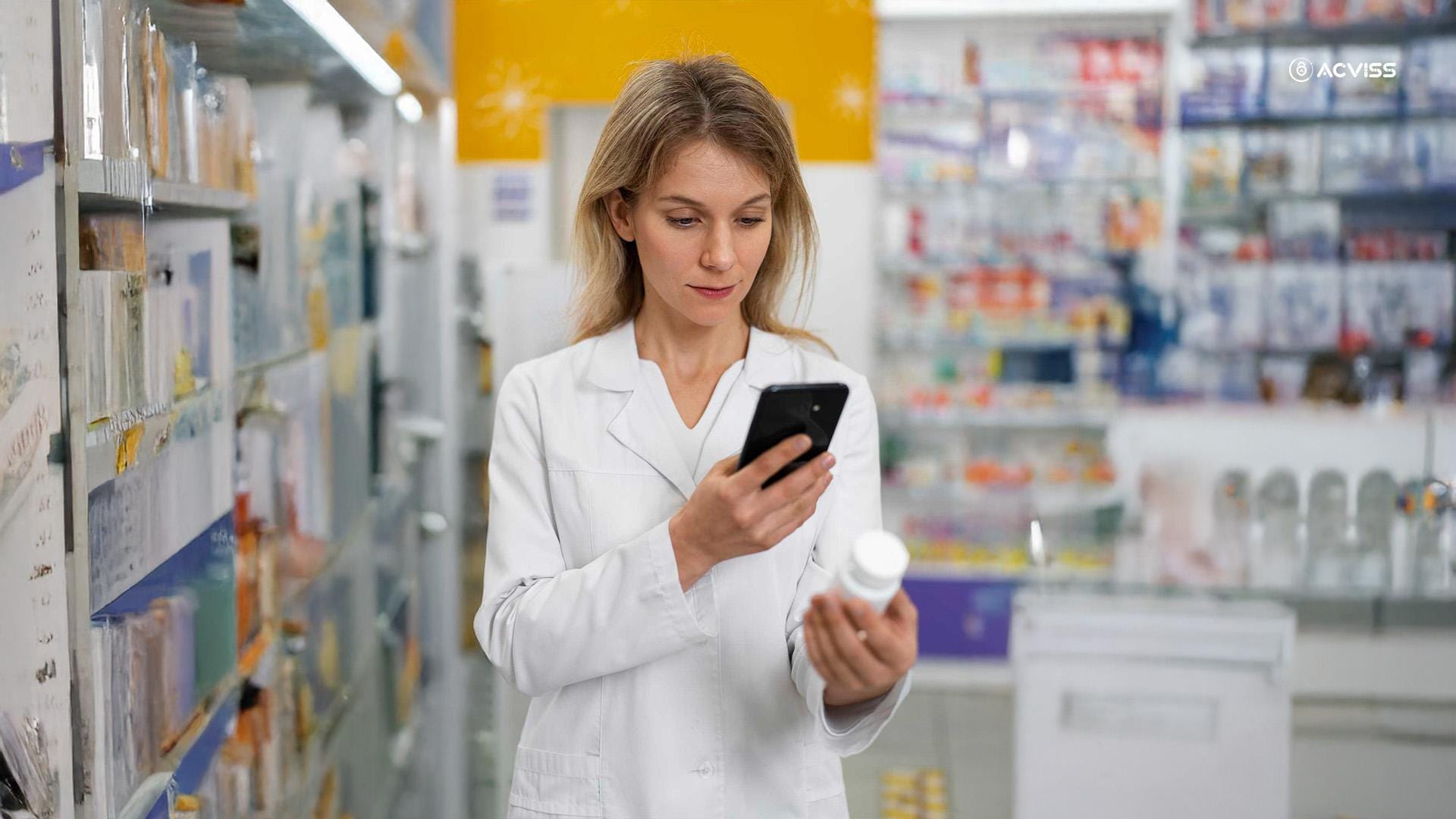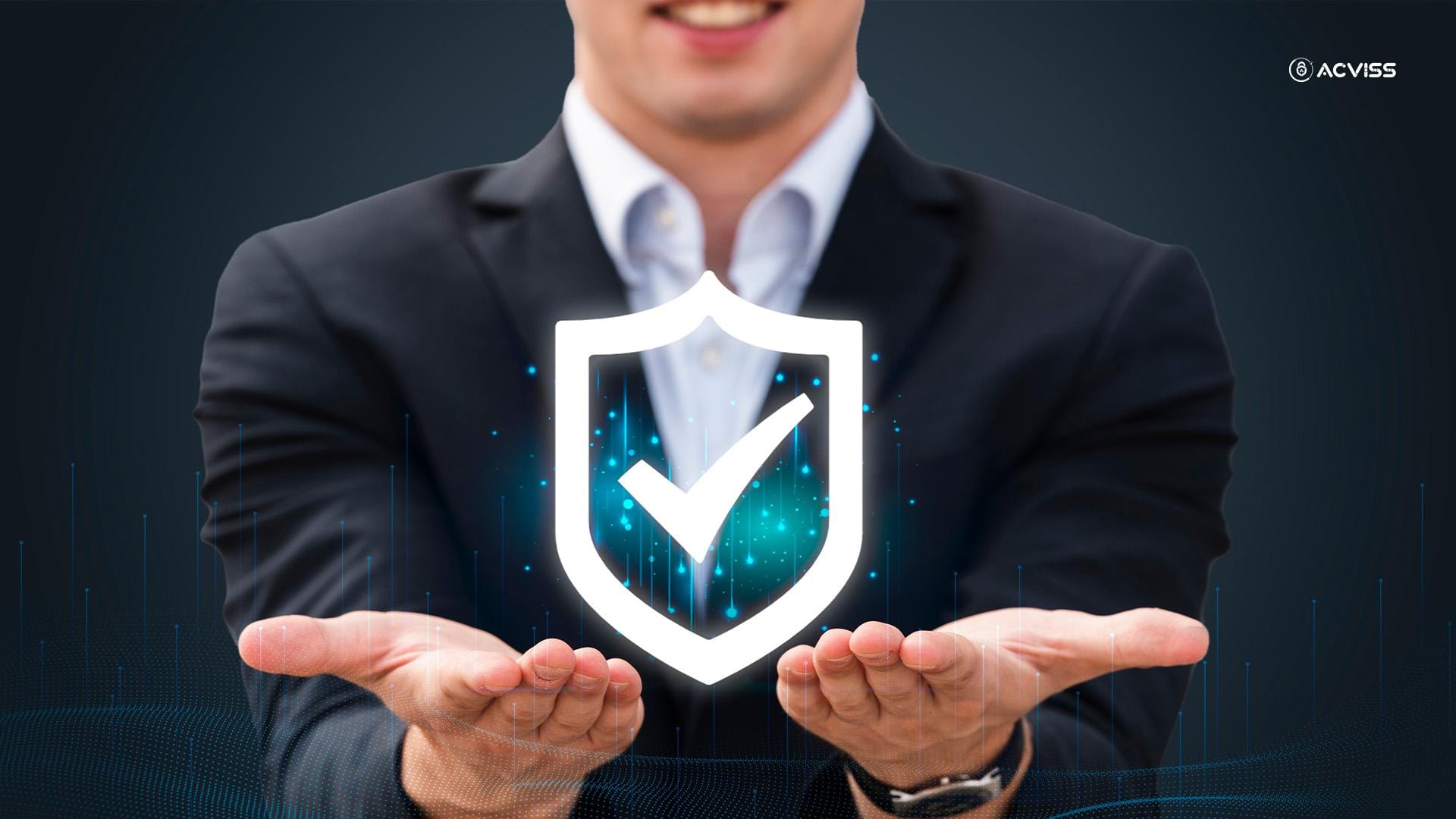Product Recall in Pharmaceutical Industry: A Reality No Brand Can Ignore

Pharmaceutical product recalls they are never just a quality issue. But a brand's worst nightmare. One defective batch, one wrong label, one unverified vendor, one missed supply chain step can compromise not only patient safety but the hard-earned trust a pharma company has built over decades.
Recalls are an unfortunate but real part of pharmaceutical operations. Even the most stringent quality control systems cannot eliminate the risk. However, what brands can do control is, how prepared they are when it inevitably does happen. Because when it does, speed, traceability, and credibility make all the difference.
The True Cost of a Recall
When we speak of a product recall, we often focus on the financial numbers. And those numbers are staggering. According to various market research, pharmaceutical companies lose millions, sometimes billions, annually due to recalls. But beyond the tangible losses lie the reputational damages, regulatory scrutiny, and legal ramifications.
Worse still, when patients suffer due to an adverse drug event linked to a faulty product, the damage isn't just to a brand's bottom line. It's to its integrity.
What Triggers Recalls in Pharmaceuticals?

While causes vary, the most common include:
- Labelling errors: Incorrect dosage, misleading instructions, or missing side effect information.
- Contamination: Bacterial, fungal or foreign substance contamination during manufacturing.
- Packaging flaws: Tampered seals, improper closures or expired materials.
- Non-compliance: Failure to meet health regulatory standards.
In a tightly regulated environment like pharma, even minor oversights can escalate rapidly. Which is why proactive strategies must be an integral part of a company’s supply chain management approach.
Why Track and Trace Is No Longer Optional
For pharmaceutical companies, implementing track and trace systems is not about ticking a compliance box. It's about building a resilient supply chain that can pinpoint any product's origin, movement, and current status in real time.
Product traceability helps answer crucial questions quickly:
- Where did the batch originate?
- Which vendors handled the product?
- What routes did it travel?
- Has the product been tampered with or counterfeited?
The faster a brand can answer these, the faster it can act. And in the context of a recall, time saved could mean lives saved.
Brand Protection and Anti-Counterfeiting Are Recall’s Silent Shields

In recent years, another risk has been silently rising: counterfeit drugs.
Fake medications not only jeopardise lives but also make recalls murkier. In markets flooded with illegitimate products, it becomes harder to identify the root cause of an issue or determine which batches are genuinely affected.
This is where brand protection solutions play a vital role. Technologies such as non-cloneable labels, QR-based verification systems, and serialisation add layers of security, allowing customers and inspectors to perform product authentication at any touchpoint.
Brands that invest in robust anti-counterfeiting technologies not only shield their products but also maintain clearer audit trails during an investigation or recall.
How Technology Transforms Recall Readiness
The pharmaceutical world is slowly, but surely, moving from paper-based logs to integrated, digitised systems. Smart, AI-enabled supply chains can now predict and even prevent potential failures before they become public issues.
Take, for example, Acviss’s Origin solution. While subtly integrated into supply chain flows, Origin enables complete visibility of the product journey from manufacturer to end consumer. Through its blockchain-powered backbone and tamper-evident tracking, pharmaceutical brands can detect anomalies, validate authenticity and initiate product verification seamlessly.
So when a recall does occur, businesses are not scrambling. They’re responding, with data, clarity and confidence.
Legal Safeguards and Trademark Protection

The legal impact of a recall extends far beyond fines. Regulators may scrutinise a brand's quality assurance systems, documentation and supplier compliance.
But perhaps more insidious is the long-term blow to a brand’s intellectual property. Counterfeit versions of your product circulating during a recall can dilute your trademark. And unless you've invested in comprehensive IP protection strategies, the market confusion can be difficult to recover from.
Digital brand authentication measures, those that link each unit uniquely to the manufacturer, can act as evidence in legal proceedings. It proves that your brand took every step possible to maintain product safety and compliance.
Empowering Teams with Recall Preparedness
It’s easy to assume that only the compliance team should worry about recalls. But in truth, effective recall management is an enterprise-wide effort.
- Procurement teams need to ensure traceable sourcing.
- Marketing departments must prepare communication strategies for public response.
- Customer service teams require training to handle increased complaints.
- IT teams play a crucial role in managing digital verification platforms.
By embedding track and trace and product verification capabilities across departments, brands don’t just manage recalls. They minimise the chances of ever needing one.
The Way Forward
Product recalls in the pharmaceutical sector aren’t going away. But with the right technologies, teams, and frameworks, their impact can be greatly reduced.
Traceability, authentication, and proactive brand protection must no longer be treated as post-crisis solutions. They are essential investments in patient safety, brand value, and long-term business resilience.
The smartest pharmaceutical brands aren’t the ones that never face a recall. They’re the ones that are prepared when it happens, ready to respond, recover, and rebuild trust.
Interested to learn how you can build a recall-ready, resilient pharmaceutical brand?